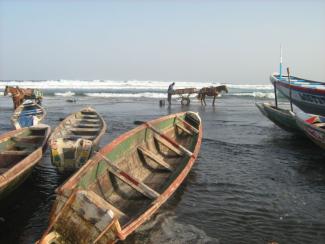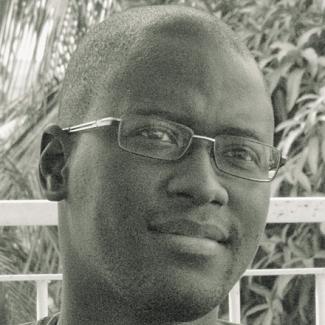European Union
Ostrich policy

The distinction the EU makes between “refugees” (Syrians, Afghans, Iraqis, Libyans, et cetera) and “economic migrants” (West Africans for example) may be legally founded, but it is morally dubious. It only makes sense if one accepts two questionable premises:
- the idea that, at the international level, when it comes to rights protection, those suffering political and cultural violence should enjoy privileged moral status compared with those who are victims of other types of violence; and
- the idea that the economic violence billions of people suffer is not a global issue, but only the responsibility of the respective national governments.
Many young Senegalese who try to reach Europe in makeshift boats used to work as fishermen. They basically take this suicidal decision because industrial-scale fishing trawlers from Europe have destroyed their livelihoods in Senegal. The EU should note that its fishing subsidies are therefore what must be considered a cause of flight from Senegal. The fish catch that local fisherman bring ashore has dwindled dramatically. This is why many dispossessed young people from Senegal risk their lives in a sea adventure rather than enduring guaranteed economic and social death at home.
The same can be said of many West African farmers. Agriculture typically provides livelihoods to at least 60 % of African countries’ populations. EU subsidies for European farmers and the push for import liberalisation is negatively affecting the sector.
Migration is linked to global dynamics. Most people from West Africa who “chose” to migrate illegally to Europe do so because they lack economic opportunities directly or indirectly, and all too often, EU policies and EU-corporations paly a role. Making matters worse, climate change, which is caused by western nations, not African ones, is compounding problems of poverty south of the Sahara. Poverty, moreover, triggers fanaticism and political violence. We know that the Islamist terrorism of Ansare Dine, Boko Haram, ISIS et cetera is linked to people’s lack of prospects.
It is unacceptable that the EU wants its goods and capital to move freely to West Africa, but it doesn’t want the unskilled and semi-skilled people of West Africa to cross borders freely as well. The kind of globalisation it is promoting is lopsided and unfair. The EU wants to benefit from international exchange without having to bear the social and ecological costs.
In the face of current global challenges, including the migration issue, what African people expect from Europe is not official development assistance, which tends to fail dramatically without delivering sustainable progress. What we need is concerted efforts to build a fairer world trade system, to curb the huge illicit financial flows suffered by the continent and to tackle the looming climate crisis. The big question is: will the rich world muster the necessary political will? It does not look like it.
Ndongo Samba Sylla manages programmes and research at the Dakar office of the Rosa Luxemburg Foundation, which is affiliated to The Left, a party in Germany’s federal parliament Bundestag.
n.sylla@rosalux.sn












